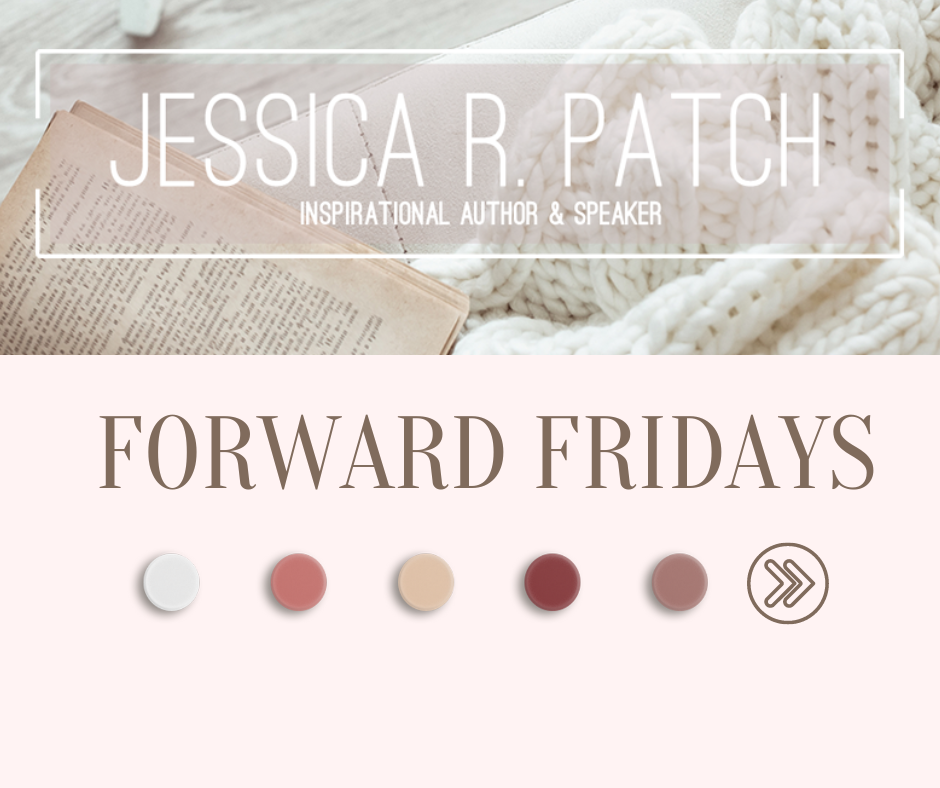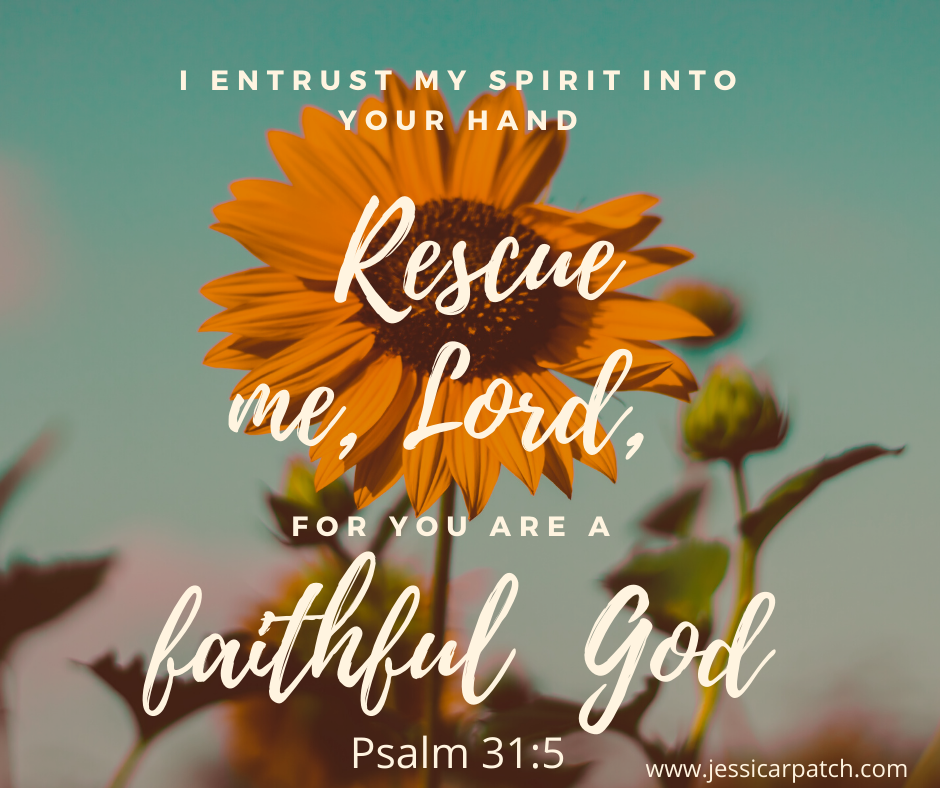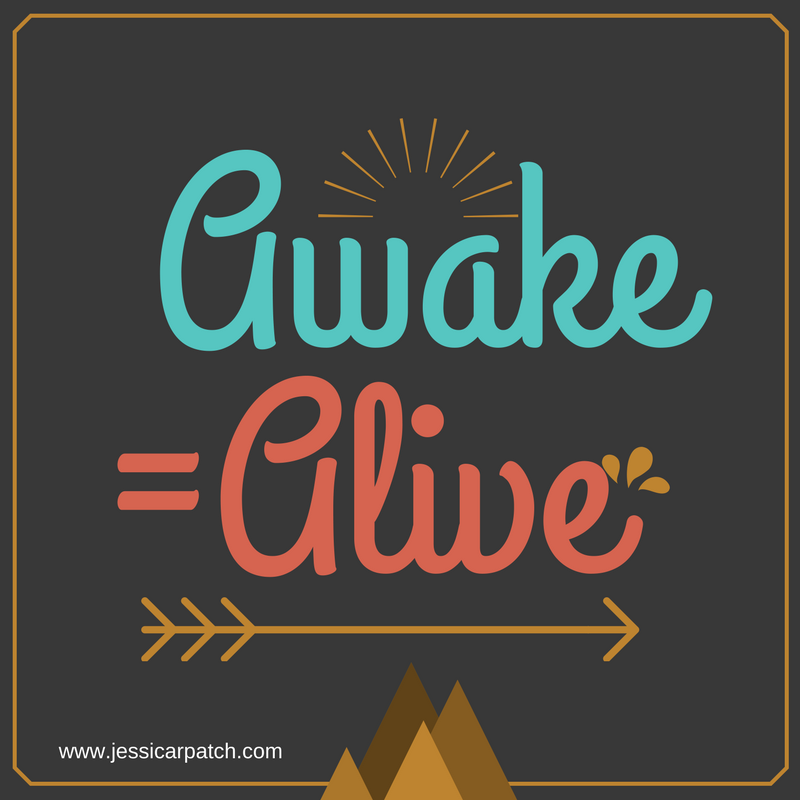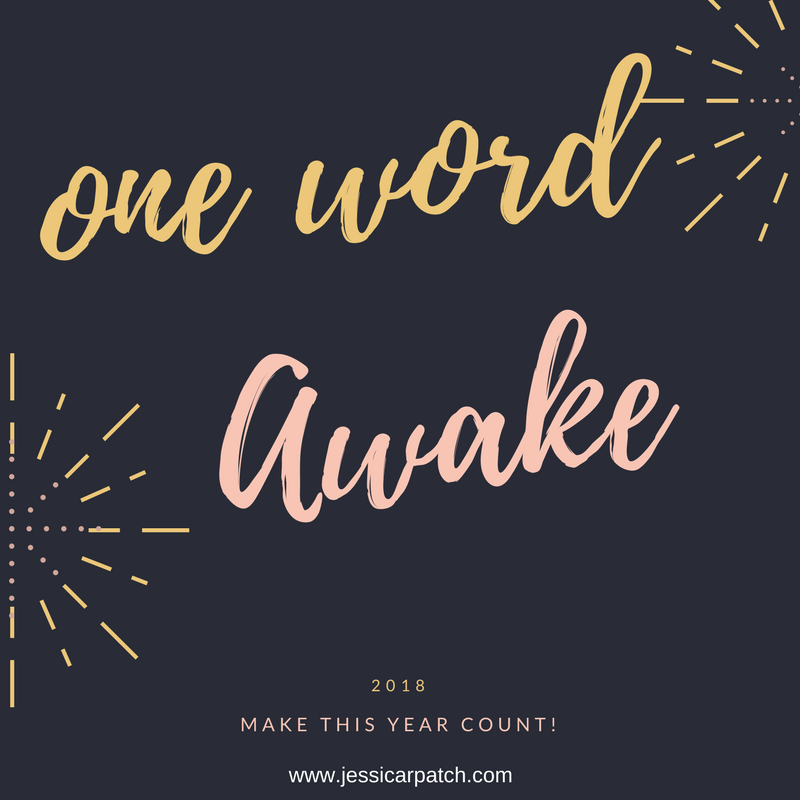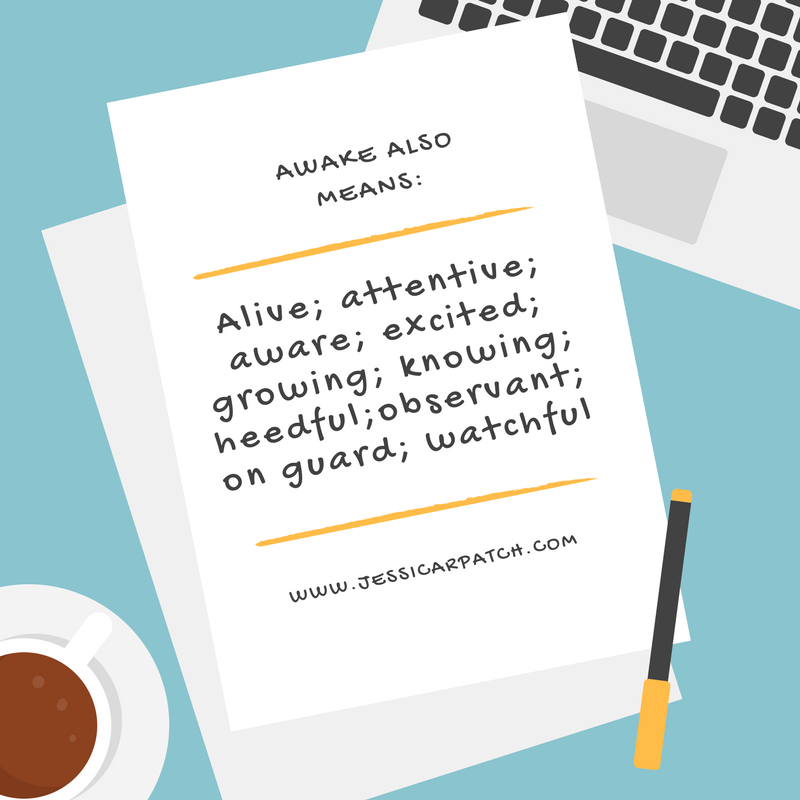By now, if you have read my trade thrillers which are NOT at ALL my Love Inspired Suspense novels, you know that I tackle very dark subject matter. I don’t shy away from dark themes that are prevalent in mainstream fiction because I don’t believe God shied away from the depravity in the Bible. He did not condone or celebrate wicked acts but he never sanitized them. He told them as they were. Read the book of Judges then talk to me about disturbing and dark.
I don’t glorify evil in my real life or in my novels. But it sets the backdrop to the light to come. I never said I write happily-ever-afters in my thrillers. I don’t. I said I write hope-filled endings and I will always deliver on that.
For me, I feel led to explore the wicked heart. To SHOW someone living wrong and how that sin spills over into their life and others and hurts them. Then I SHOW them come to know the truth–to see the light and change their ways. Once my character is on the right path, the story is over. I don’t write about them living a faith-filled life with a few hiccups. That doesn’t interest me as a reader and it doesn’t interest me as a writer. Once the conflict is over, so is the story.
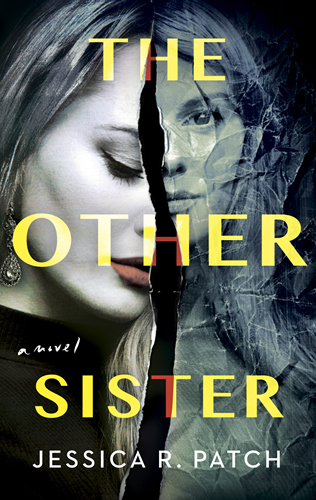
In The Other Sister, I demonstrate not through a voice of truth telling Charlotte–you are living a destructive life and you are not finding joy in what you do have. You can’t see that you are loved because you’re too occupied with all the things you think you need to satisfy your deep, empty places. You’re broken, Charlotte, and only Jesus can save you, heal you, restore you and show you unconditional love. Only Jesus can satisfy the longing of your heart and make you whole. Lean on Jesus, Charlotte. Here’s how (and quote the Romans Road). This is all true and everything Charlotte needs.
But I’d rather SHOW the brokenness. I’d rather use other characters to reveal parts of her heart–corruption, lies, justification of sin, wickedness and even depravity.
I’d rather use a character as a type of Christ (as we see many before Jesus comes in the Bible) to test her, to challenge her, to point to faith being a choice and not some symbol worn in a cross necklace. To push her to make the right but hard choices and then to reveal that after all she’s done, he is not ashamed to dine with her. He is not afraid to be seen with her. That he would even after all she’s done, desire to be a part of her life.
Recently, a reviewer wrote this about an early copy of The Other Sister:
“This was by far the darkest book I’ve ever read. It’s the combination of a horror and an awful family full of secrets. To be honest, I hated it. From a demon child to a stalker to the very nasty, dreadful mess. I only continued reading to know what happened in the end. The only good thing I can say about this book is that it’s unpredictable. But there were also certain things that didn’t seem wrapped up to me. One character just vanished at one point for no real reason. All the characters were difficult to keep up with and the amount of evil things that the Christian author piled into this book is honestly concerning. I’ve read books about fighting and death and evil, but this one to me hardly classifies as a Christian novel. God was mentioned 8 times in this horrible novel. With the content, He should have been mentioned a hundred times. I most certainly will not be reading this book again. And I may never read another book by this author. I probably should give this book one star, but I know how difficult it is to write a book so I added another just for her effort.”
While I never speak to negative reviews, because once the book is in the world, it’s not my business and reviews sites are fair platforms to say how bad a book or good a book is without any repercussion from the author, I’m going to speak to this one because it appears she is an author/aspiring author? too and that makes it fair game for a colleague to speak of another colleagues words–we swim in the same pond.
This book does classify as a Christian book because it’s a redemption story. It is full of Jeremiah 17:9, 1 John 2:15, Philippians 4:11-13, Romans 1:28, Romans 1:16, Revelation 3:20, Luke 9:26 . It shows biblical worldview. It shows a desperately abused, empty woman who desires to be loved wholly and completely. She’s the woman at the well. She’s Mary Magdalene. She’s the woman with the issue of blood. She’s me. She’s you. Desperate women do desperate acts–women who know the Lord and women who don’t.
And along the way darkness bumps up against her in the form of liars, schemers and manipulators. In the form of depraved individuals. Darkness will bump up against us–it’s a matter of when not if. I hope this reviewer never experiences some of the depraved individuals I have or maybe that you have. I hope sin never spills into her safe space. I hope she never feels so alone and lost that she messes up in ways that are so disappointing and disheartening the shame is overwhelming and unimaginable.
I have. Maybe you have too. That’s why I write what I do. I’ve experienced and seen enough in my almost 50 years that I know mentioning God 8 times is not enough. Mentioning God ONCE isn’t enough. Because just mentioning his name doesn’t do anything. But to say he needs mentioned more times to combat the darkness says he doesn’t have enough power to be mentioned once to do it. And my God only needs one word. He is an all consuming fire whether he’s spoken of once or 8 times or 800.
Showing him throughout a whole story in the character of Christian Patrick is far more powerful. Revealing biblical truth through storytelling is as mighty as telling someone God loves them–dare I say even more powerful because we’ve connected as a reader, lived in Charlotte’s skin and seen through her eyes the actions of others that we need saving too. We need to take responsibility for our sin not try to outrun consequences. Sin does find us out. It is crouching at our door. It will master us if we do not master it. And it is a fight to the death–the death of our innate wickedness (flesh vs. spirit). No one is good. No one is innocent, not even 2 year olds or they wouldn’t lie to us when we ask for the truth. Did you eat that cookie? No. And yet the crumbs are on their cheeks. No one taught them to lie. It’s inherent.
And from a woman who also read The Other Sister: “I just finished The Other Sister! Wow! Great read! I LOVED it!! I would say it was your best, yet, but all of your books are great, and I love the redemption in them!! When I read where Charlotte thinks, “I never realized before that I was loved. I couldn’t see it for focusing on everything I didn’t have.” That is me, I have been focusing on all of the bad that has happened, and God doesn’t intend me to stay there, but to learn and grow from it to help others. I know you write fiction, but you also include God’s Truth among the people and pages! Thank you for using your talent to share the love of Christ to the lost and to those of us who are His, but need a little kick in the behind at times!!”
She saw what was shown. The Holy Spirit applied it personally to her own life. And she received the takeaway–as intended by the heart of the author who bathed this book in prayer. Even the wicked, vile demon child aspect–which I would call a born sociopath and exists. Did I add some horror element to it, well yeah I love the horror genre so duh.
Here’s what God revealed to me in prayer time this morning.
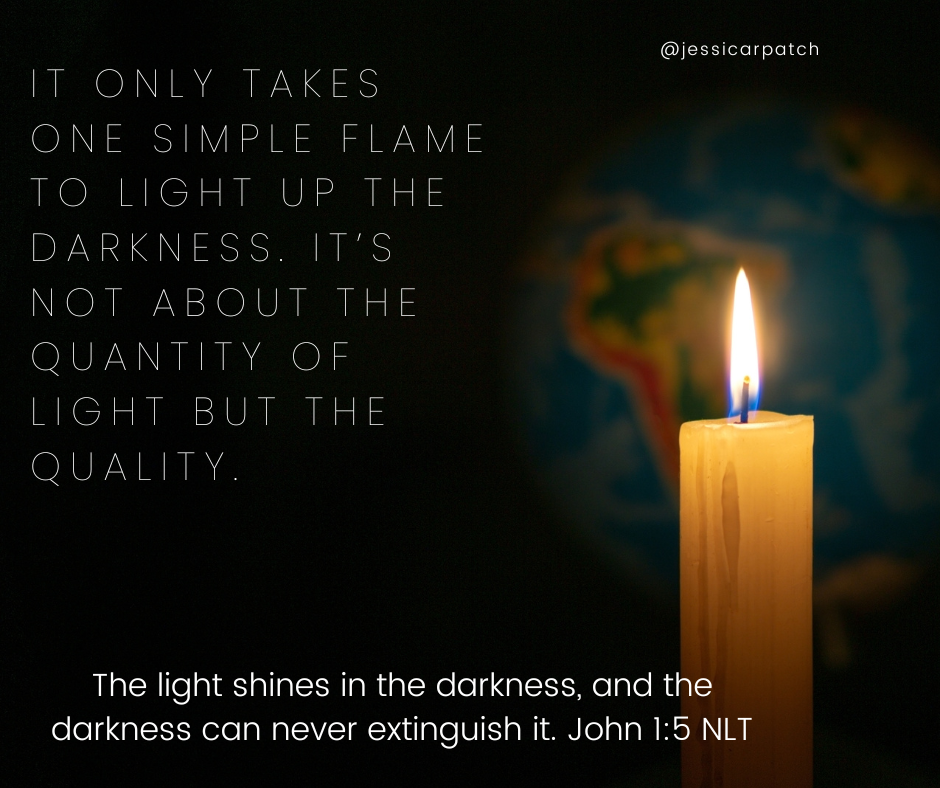
It’s not the quantity of light. It only takes one little match to illuminate a dark cave. You don’t need a torch or a bonfire. We don’t leave the overhead light on for our children to sleep at night. We buy a small tiny bulb and call it a nightlight. It’s just enough to illuminate the way to the door, to combat total darkness and fear. One. Little. Light. We sing, this LITTLE light of mine… I’m gonna let it shine.
You can mention God 900 times. It’s no different than striking one small match. Because God is light is light is light is light.
He is bringing hope with one flickering flame as much as He’s bringing hope with a mention on every page. He IS seen through the acts of people and in types of Christs–no different than CS Lewis in Narnia or in the story of Esther where we so clearly see him at work without a single mention of his name. Haman was as much of a narcissist sociopath as some of the characters in The Other Sister.
I’m okay with being misunderstood. That’s part of the cost for writing the types of thrillers I write and I’m okay with that. I’m not okay with my faith being questioned by another “Christian”.
But I’m going to keep shining light in dark places. The real world and in fiction.
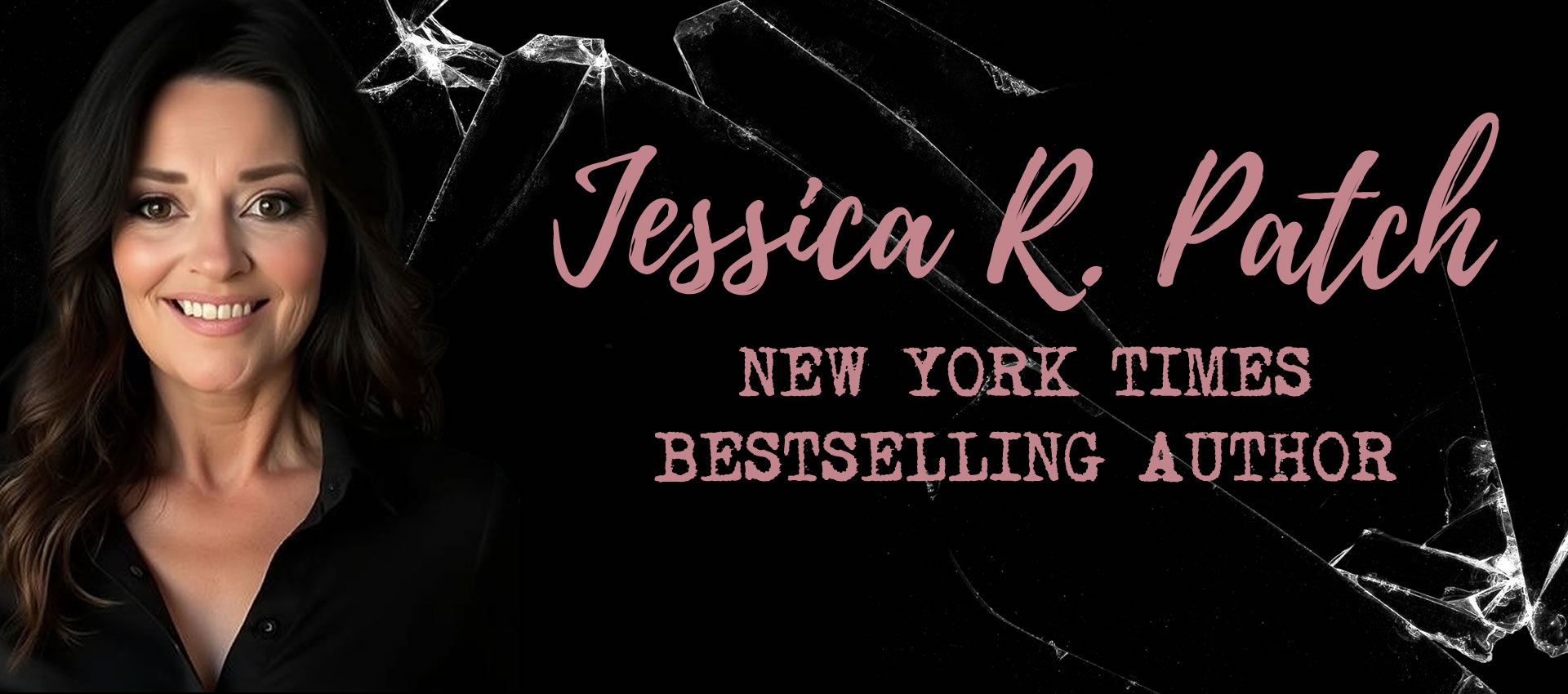
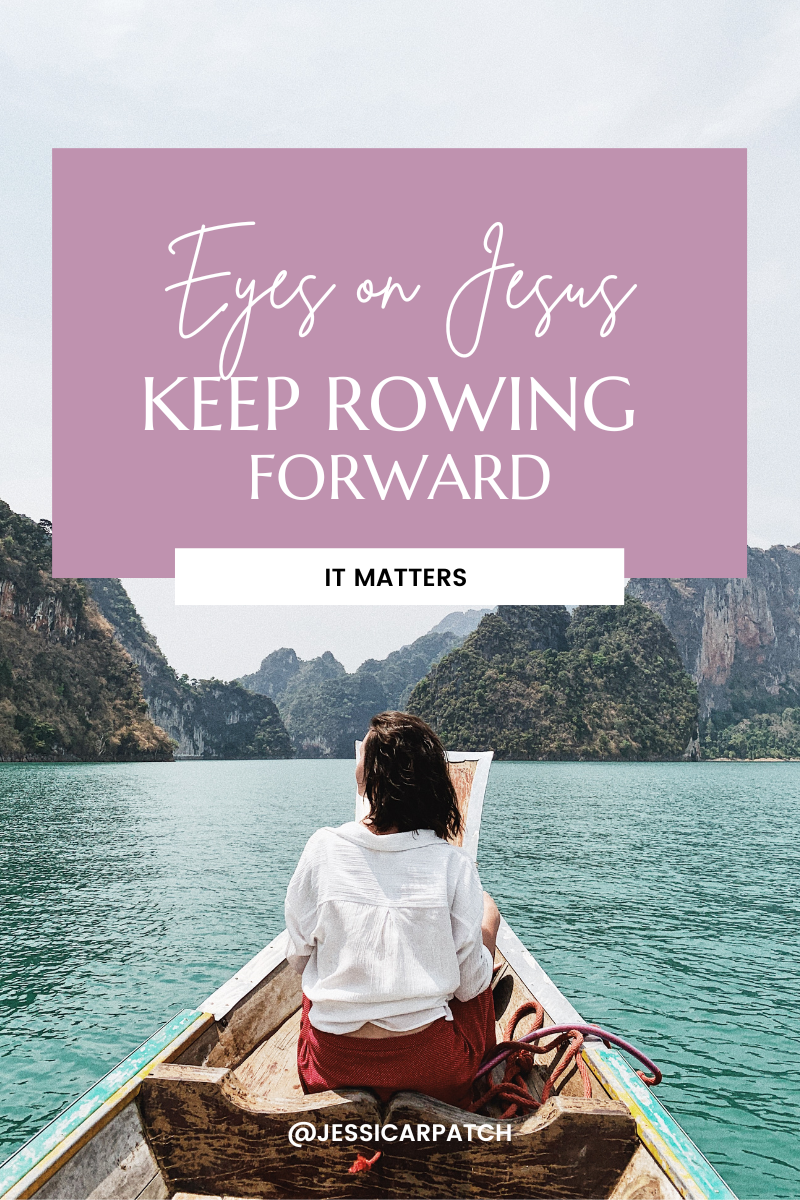
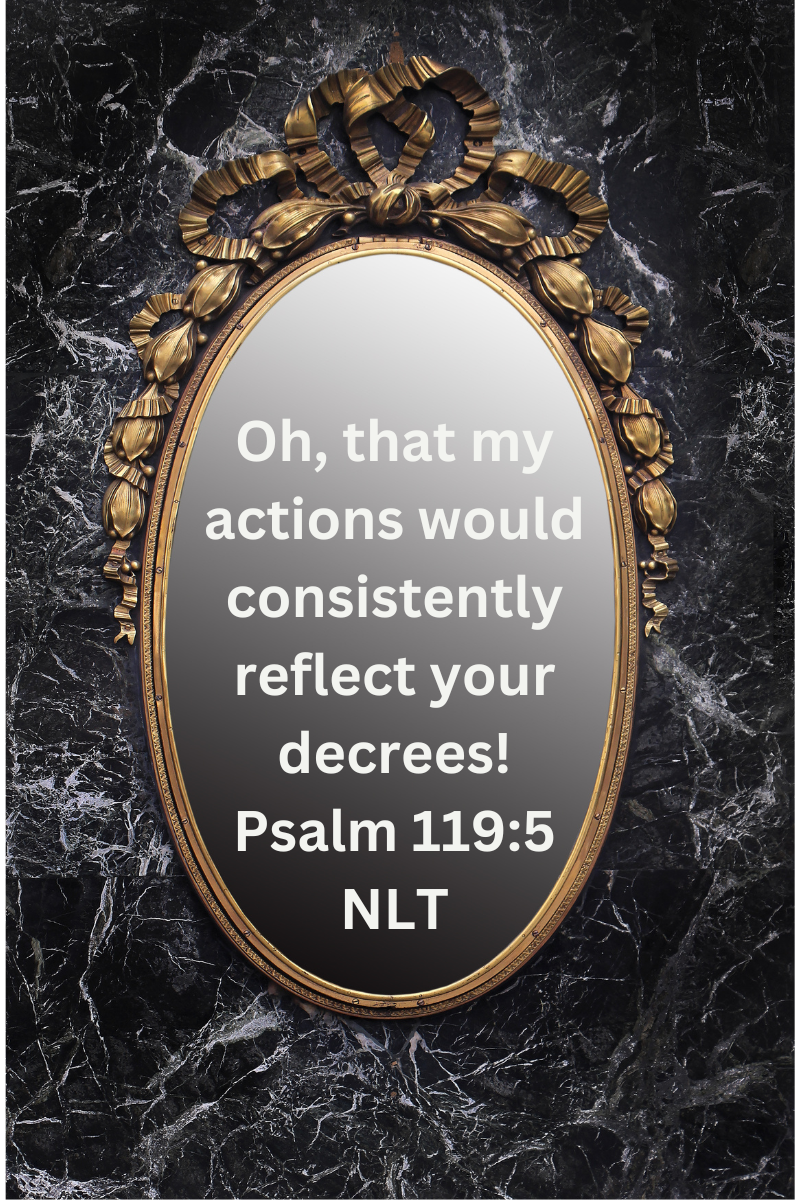
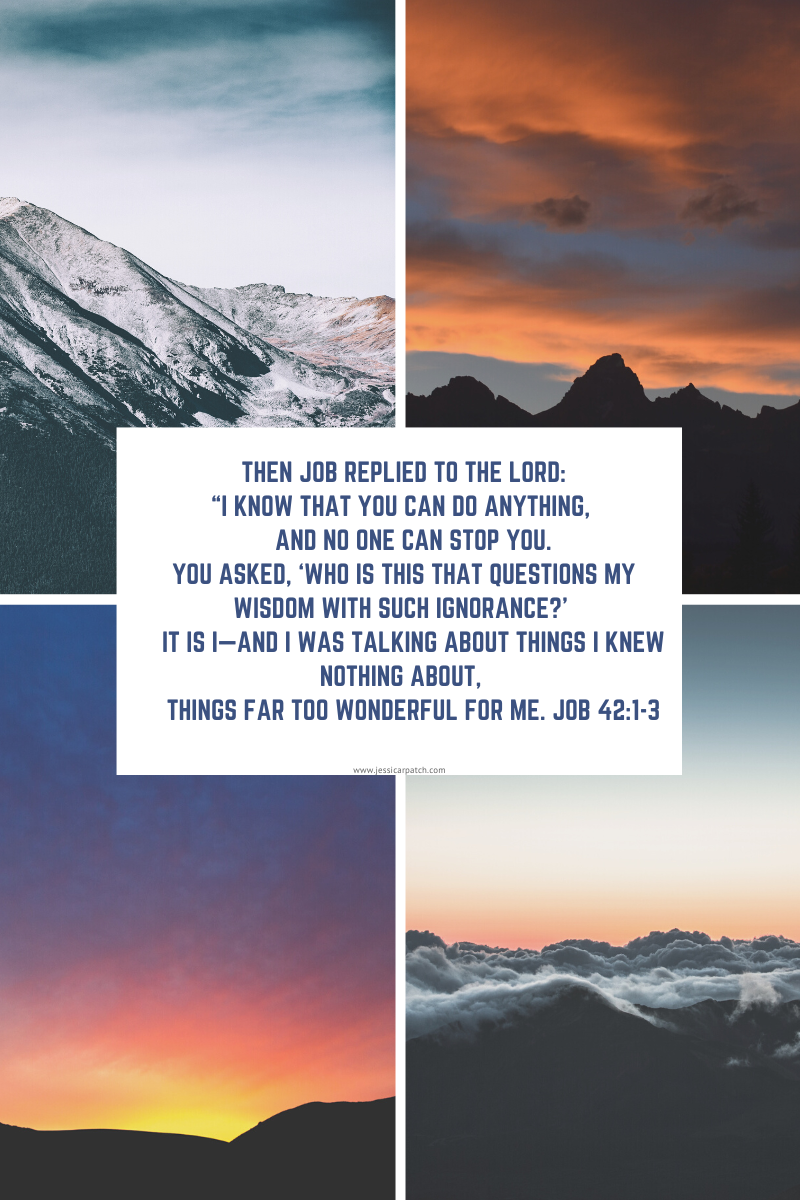 If you’re reading the Bible this year Chronologically, you know we’re in the book of Job. It’s a unique book that wrestles with questions like: If God is all-loving and merciful, why do the righteous suffer? Where is God in my trials.
If you’re reading the Bible this year Chronologically, you know we’re in the book of Job. It’s a unique book that wrestles with questions like: If God is all-loving and merciful, why do the righteous suffer? Where is God in my trials. 